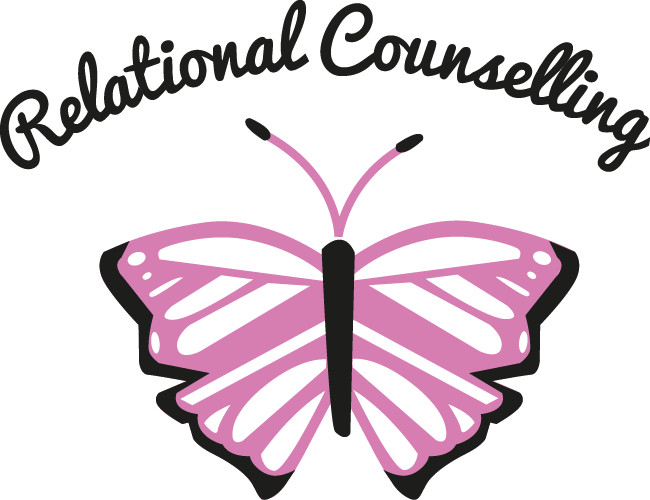What is Burnout?
Many people today can be pressured to work long hours, and this is not always through personal choice. The demands in life and the many responsibilities we have can often require us to work harder and for longer hours. There are many reasons for this such as pressure to perform or for practical reasons such as needing to earn enough money to survive. For people with families, or caring for someone that needs extra support, this often means that they need to sacrifice something; such as, leisurely fun and social interaction. They may not feel they have time to 'take a break' when returning home from a long work shift. This often results in the lines between our work and home life becoming increasingly blurred.
The term “burnout” was coined in the 1970s by the American psychologist Herbert Freudenberger. He used this term to describe the consequences of severe stress and high ideals in “helping” professions. However, this syndrome is now more widely recognised and acknowledged as impacting many people working with in jobs that have high demands and stressful case loads.
The World Health Organisation recognised Burnout as an official medical diagnosis in 2019, related specifically to the workplace. It is defined as ‘a syndrome conceptualised as resulting from chronic workplace stress that has not been successfully managed’. Arguably, this definition that suggests that Burnout is purely related to the workplace, falls short of an accurate description.
Since the start of the pandemic, Mental Health UK and YouGov conducted a poll consisting of working adults in the UK. Their most recent polling was carried out in March 2021. They asked 2,099 adults about their perceptions of Burnout and what they think could contribute to it.
What is Burnout?
Burnout is a physical and emotional state of exhaustion. Burnout can occur when a person experiences long-term stress within their job or has worked in a physically or emotionally draining role for a long time.
15 Common Signs of Burnout
You don’t get excited about work anymore.
You’re experiencing a lack of interest or enthusiasm about what you’re doing.
You’ve stopped putting in any effort.
Your performance is suffering.
You’re tired, drained, and feeling exhausted all of the time.
You’re experiencing physical symptoms.
You’re feeling helpless, trapped, and/or defeated
You’re Feeling detached/alone in the world
You have a negative outlook
You have self-doubt
You procrastinate and take longer to get things done
You’re feeling overwhelmed
You feel your relationships are impacted
You feel you don’t have time to yourself, and when you do you are physically exhausted
You have a low tolerance
You may not experience all of these signs, or there may be additional signs that you recognise. Take a moment to reflect... what are your signs?.
When Mental Health UK asked people to identify their symptoms of Burnout, 85% of UK adults correctly identified signs of Burnout, while 68% mistakenly identified anxiety symptoms. Symptoms can also be confused with depression (Freudenberger 2007).
Are you are concerned about Burnout?
If you feel worried that you are experiencing Burnout, you must do something to tackle the issues causing it. Burnout will not go away on its own and will worsen if you do not do something to address it. If you are experiencing Burnout, this can cause further harm to you both physically and mentally. Additionally, the implications relating to your work are that you could also lose the ability and energy to effectively meet the demands of your job, resulting in time off or job loss. This, in turn, could have knock-on effects on other areas of your life.
Getting some help
Beginning the therapy process can help you find out healthy ways of coping and managing Burnout. If you would like to learn more, contact Relational Counselling.
-Written by Elizabeth
References
Michel, A. (2016) Burnout and the brain. 29 (2).
Willis, K. (2021) 'From breakdown to breakthrough', Therapy Today, 32(3), pp. 36-38.
World Health Organization (2019) International Classification of Diseases (11th rev) (ICD-11).
Mental Health UK (2021) Burnout. Available at: https://mentalhealth-uk.org/burnout/



